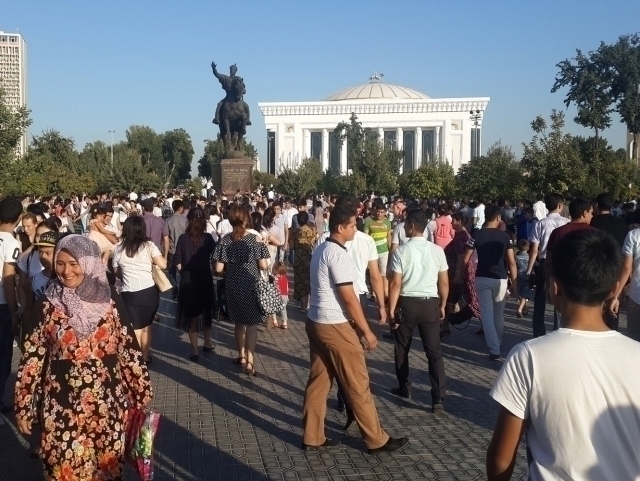By 2100, the population of Uzbekistan will double - UN
Interesting
−
16 July 2024 12168 2 minutes
Uzbekistan's population is projected to reach 74.2 million by January 2100, doubling from its current 37.1 million. This information was disclosed in the United Nations report titled "World Population Prospects for 2300 Years."
According to the data, the world's population will be slightly under 10.2 billion by 2100, peaking at 10.3 billion in 2084. During this period, average life expectancy is expected to gradually increase, reaching 81.7 years by the end of the 21st century. This includes a life expectancy of just under 80 years for men and almost 84 years for women.
India and China will experience the largest natural population declines during this time. In both countries, the annual death rate exceeds the birth rate by 10.5 million and 7.4 million people, respectively. Despite these declines, they are projected to remain the world's two most populous countries, with China having 638.6 million people and India 1.51 billion by century's end.
Several African countries, including Congo, Tanzania, and Ethiopia, along with Pakistan in Asia, will see the highest natural population growth by 2100. Conversely, Russia's population is expected to decrease to 126.4 million (down from 146.2 million today), and Germany's to 70.9 million (down from 83.8 million).
The UN notes that by 2024, 63 countries and regions will have already reached their demographic peak, with another 48 reaching it between 2025 and 2054. Additionally, the average number of children per woman has declined from 3.3 in 1990 to 2.3 today. Over half of the world's countries and regions now have fertility rates below 2.1 children per woman, the threshold needed to maintain natural population growth. By the end of the 2070s, it is predicted that there will be more people over the age of 65 than under the age of 18.
Live
All8 nafar xitoylik Baykal ko'liga cho'kib ketdi
22 February





